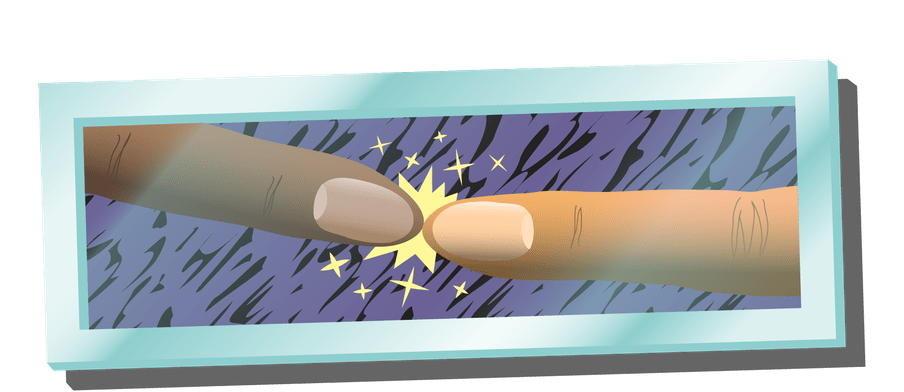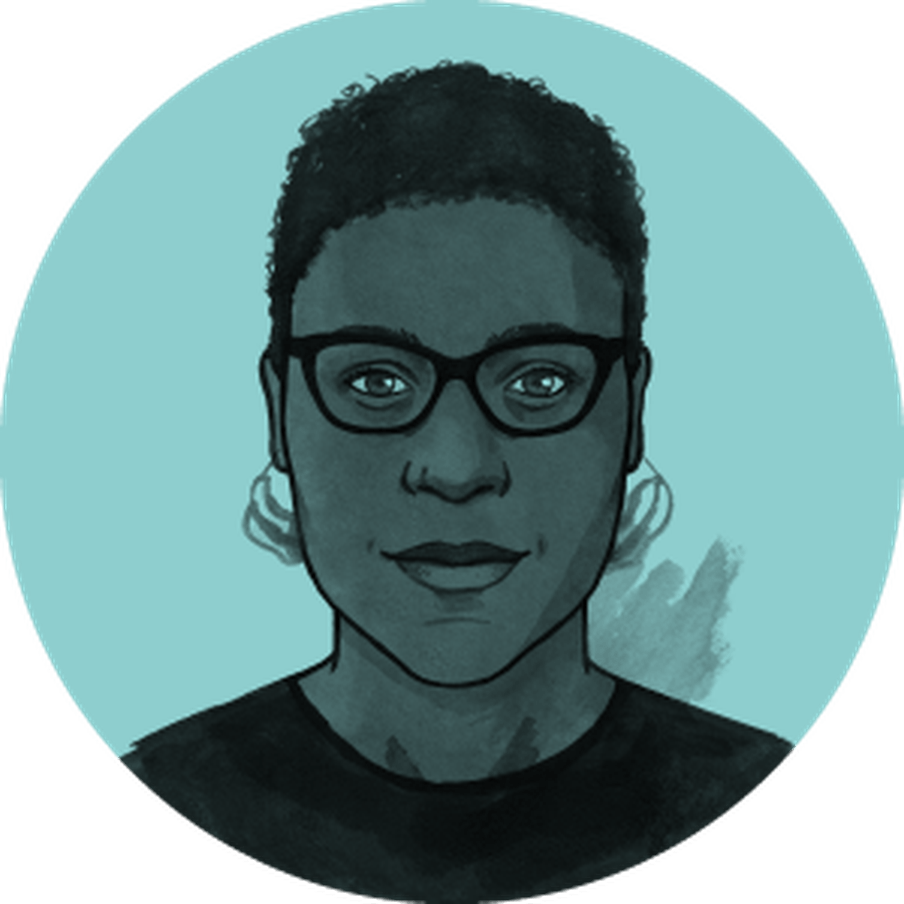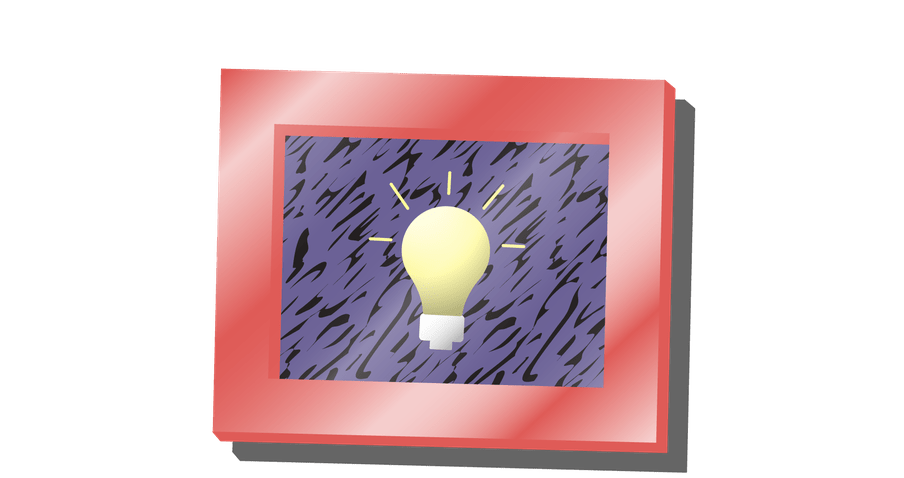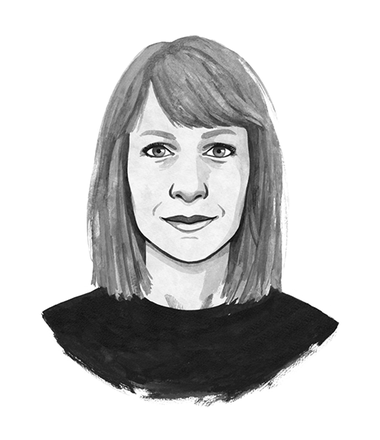Dear members of The Correspondent, who are you today?
Every so often we ask ourselves: who are our members? What are they like? Until recently we were happy guessers sketching out rather unlikely profiles that ended up sounding like us. Until Othering correspondent OluTimehin did the long overdue thing and put the question to you: Who are you?
The introductions to be found under her newsletter are an absolute joy to read (and put an abrupt end to our paltry guesswork). As Elizabeth writes: "How magical it is to see my fellow readers emerge from the anonymity of the digital mist and reveal themselves here."
We’d like to invite all of you to tell us who you are without mentioning your work. Don’t be shy! Together let’s make this the longest contribution thread yet … there are now more than 54,000 of us.

Now we’ve met, we’d love to collaborate with you more
When it became certain, in March, that the coronavirus would hold the world in its grip for a long time, we immediately knew that we couldn’t unbreak the news about Covid-19 all by ourselves. That’s why we came up with our coronavirus guide, to bring together the best work from all kinds of sources, including our own writing. We asked you to share tips and tell us the best reads – and you did! Thank you for this. We hope you found, and still find the guide to this important topic useful.
In May, we kicked off our Track(ed) Together project. Together with members as well as journalists from around the world, we’re keeping an eye on contact-tracing apps and other technology (ID-checking robots, drones deployed to guard beaches) devised to curb the spread of coronavirus. You can help us to keep tabs on your own and all the world’s governments by letting us know via this form when you spot new technologies. You can read Dimitri’s and Morgan’s latest write-up and subscribe to the Track(ed) Together newsletter too.
I asked editorial developer Heleen Emanuel to give us some insight into her crucial role in making these projects accessible for members, and how we turn raw text into extraordinary data journalism:

“As an editorial developer, I use all my nerdy coding knowledge to improve our journalism. When the virus started spreading quickly, we saw so much great journalism produced by other newsrooms that we decided to give these stories the attention they deserve. That’s why I focused all my attention on creating the framework for what became the coronavirus guide. Together with editorial designer Luka van Diepen and several editors, we quickly built a new form that we hope helps our members understand this complex issue in a new and exciting way.”
Bringing The Correspondent’s journalism to life
First 1,000 Days correspondent Irene Caselli wrote, on 8 May, about the role of children in politics: Jacinda Ardern was mocked for telling kids the Tooth Fairy is an essential worker. But here’s why that’s politics done right. I wanted to highlight this article as an example of a piece of journalism that was vastly enriched by our members, even behind the scenes.
During her research, Irene reached out to Victor Sande-Aneiros, who is not only a member of The Correspondent, but also an expert from CRIN, the Child Rights International Network. Victor shared his expertise to help Irene by fact-checking and proofing the piece before publication. What could prove the point of the article better than the more than 100 contributions posted in response by children all over the world eager to make their politics count?
To top off this quarter of innovative collaborations, we also hosted our very first virtual panel, Africa in the imagination, a discussion between creatives from across the African continent and its diaspora. Their meet-up, hosted by managing editor Eliza Anyangwe, explored “the power and potential of creative expression” in imagining a new Africa.

"A panel discussion is a great way to explore complex themes in an accessible way. Audiences can engage with multiple speakers, with varied perspectives, all at once. If done right, you walk away with more knowledge than you do from reading a single article. So it was a great delight to host one for The Correspondent. Registered participants soared to 340 people, while the conversation and questions over the course of 1.5 hours were rich and rewarding. Look out for a podcast of the event coming soon!"
We’d love to hear more feedback from those of you who were listening in, and we’re planning to do more live panels in the future!
Last but not least, OluTimehin reviewed Yuval Noah Harari’s international bestseller Sapiens: a brief history of humankind as part of The Other Shelf book club. Our members were invited to offer and discuss their reactions to the book. If you’ve read it, let OluTimehin know what you made of it and join the discussion with fellow members.

How you’ve inspired our correspondents
Better Politics correspondent Nesrine was completely taken by surprise when she bonded with members over their parents’ disregard for coronavirus lockdown measures:

"I thought I was the only one going through it. My mother was refusing to self-isolate at the peak of the coronavirus pandemic and I couldn’t get my head around it. I had assumed it was to do with whatever strange habits our household had developed over the years and burdened the whole thing with our entire history as a family. I attributed it to my mother’s relatively young widowhood, the fact that she had only daughters in a conservative society which meant she had to be both a provider and a protector of this all-female household. Then I wrote about it in a newsletter, and our members sent in stories about their mothers as well. It seems that all over the world, from Sudan to London, people were catching their mothers at the market, buying supplies from street vendors or loading up shopping carts in supermarkets. It wasn’t some quirk of just our household. Mothers, wherever they are, want to make sure their homes are well-stocked. It’s a relief to know that this was a universal human trait. I was over-analysing, as usual. A good trait in a politics correspondent, a bad trait for domestic peace!"

"Regular readers of the Sanity beat know that I drafted my editorial calendar for 2020 collaboratively with our members. One of the themes they asked me to explore was “everyday things that drive us bonkers”. Courtesy of a pandemic, my choice of subject was easy: touch deprivation. The missing sensation of skin on skin, without automatically grabbing the sanitiser.
"But as I excitedly developed my series of articles about touch, one member exposed a giant blind spot in my thinking. Micaela MacDougall, who lives with spinal muscular atrophy, wrote in response to one of my newsletters: ‘I have a love-hate relationship with touch, given that I have a physical disability that puts me in a wheelchair and severely limits my use of my arms.’
"And just like that, I woke up to a whole different world populated by millions of people who live with some form of disability, for whom the toll of touch deprivation has been a reality since long before the pandemic. Micaela (you’ll read about her soon) and I have had expansive conversations, from which I’ve learned fascinating insights into the interplay of disability, the power of touch, and cutting-edge technologies which can restore some of that power to those who lose it (more about that soon, too).
Thank you Micaela, for permanently changing the way I look at life.”

Did you renew your membership and pass on your free gift?
We gave everyone who renewed their membership with us – if you haven’t renewed yours yet, please do it here – a free six-month membership to pass on to anyone you think might like our journalism. If you have renewed but missed this gifting opportunity, just email hello@thecorrespondent to get your renewal link to the gift membership. Thank you!


